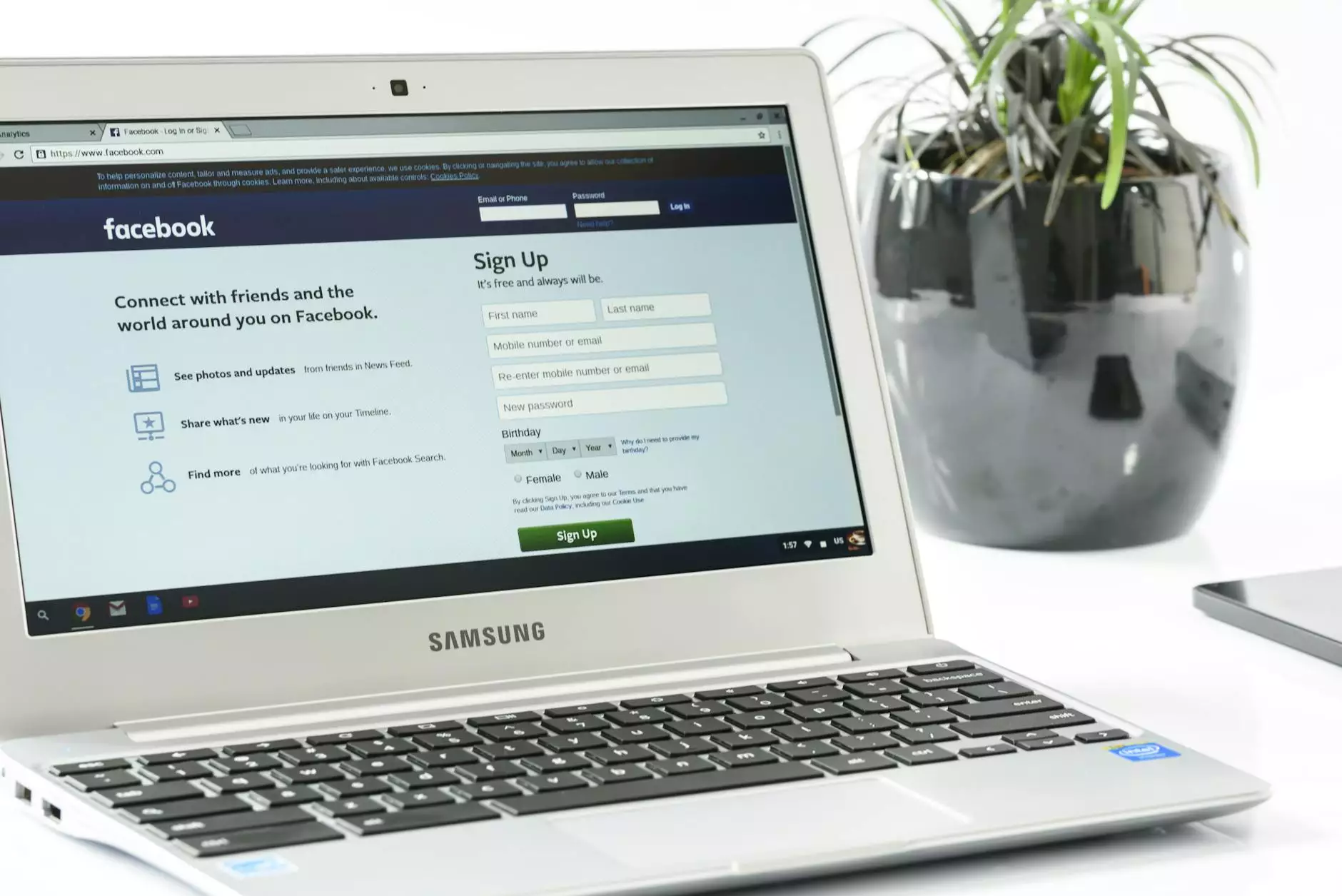Resolving Everyday Conflict - NAC-USA Development Institute
Resources
Introduction
Welcome to Forward Church's NAC-USA Development Institute's guide on "Resolving Everyday Conflict." In this comprehensive guide, we will explore effective strategies to promote peace and resolve conflicts in your daily life.
Understanding Conflict
Conflict is an inevitable part of human interaction, and it can occur in various settings, including relationships, workplaces, and even within ourselves. Resolving conflict is essential for maintaining healthy relationships and fostering a harmonious environment.
Recognizing Conflict Patterns
Before delving into conflict resolution strategies, it is important to understand the common patterns that often emerge during conflicts. Recognizing these patterns can help you navigate and address conflicts more effectively.
1. Communication Breakdown
One common pattern is a breakdown in communication. Misunderstandings, misinterpretations, and ineffective communication techniques can escalate conflicts and make resolution challenging. It is crucial to identify and address communication barriers to facilitate productive conversations.
2. Power Struggles
Conflicts can also arise due to power struggles, where individuals or groups vie for control or dominance. Understanding power dynamics and finding ways to establish balanced power can contribute to resolving conflicts and fostering collaboration.
3. Differences in Values and Beliefs
Differing values and beliefs can lead to conflicts, as individuals may have contrasting perspectives on various matters. By acknowledging and respecting these differences, you can bridge gaps and find common ground to resolve conflicts amicably.
Strategies for Conflict Resolution
Now that we have an understanding of conflict patterns, let's explore some effective strategies for conflict resolution:
1. Active Listening
Active listening is a critical skill in conflict resolution. By fully engaging in the conversation, focusing on understanding the other person's perspective, and avoiding interruptions, you can foster open communication and empathy.
2. Empathy and Understanding
Developing empathy and understanding for the other person's emotions and experiences can help de-escalate conflicts. Putting yourself in their shoes and validating their feelings can create an environment conducive to finding mutually beneficial solutions.
3. Collaboration and Compromise
Instead of approaching conflicts with a win-lose mindset, encourage collaboration and compromise. Seek solutions that address the needs and interests of all parties involved, ensuring a fair and satisfactory resolution.
4. Effective Problem-Solving
Conflict resolution often involves identifying and addressing the underlying issues causing the conflict. By focusing on problem-solving rather than blame, you can explore creative solutions and work towards long-term resolution.
Conclusion
Resolving everyday conflicts is an essential skill for promoting peace and maintaining healthy relationships. By understanding conflict patterns and employing effective strategies for resolution, you can create a harmonious environment in your personal and professional life. Explore the "Resolving Everyday Conflict" guide by Forward Church's NAC-USA Development Institute to learn more and enhance your conflict resolution skills.
References:
- Forward Church - http://forwardcleveland.com
- NAC-USA Development Institute - Resolving Everyday Conflict Guide










